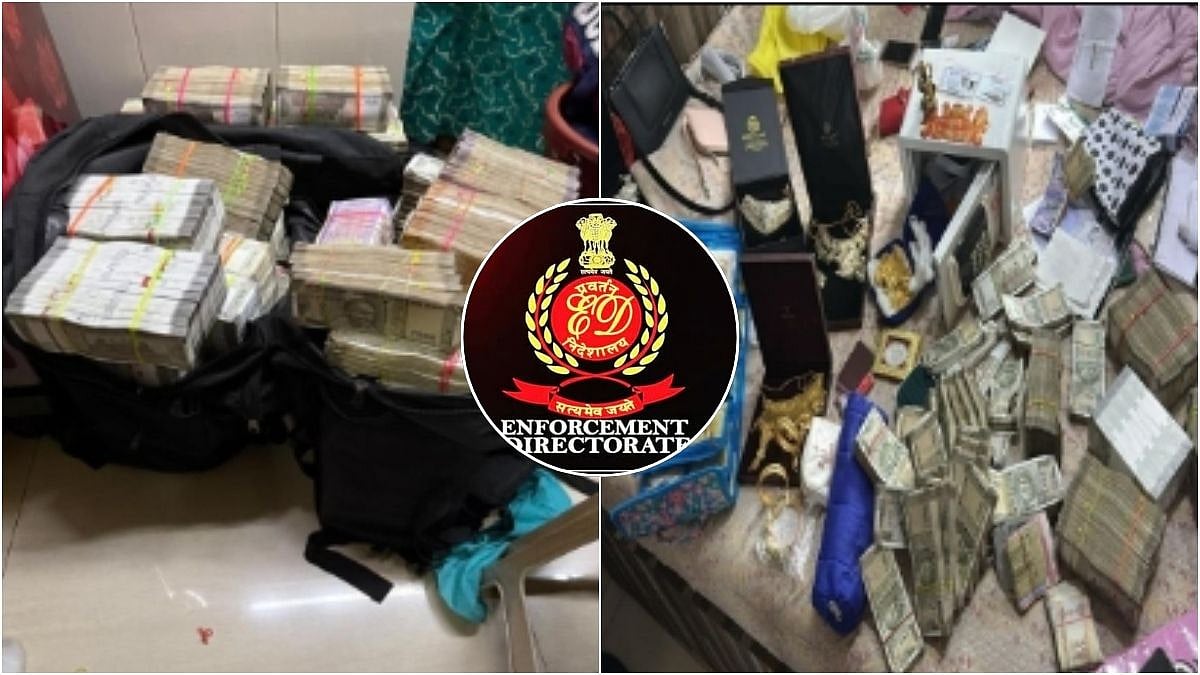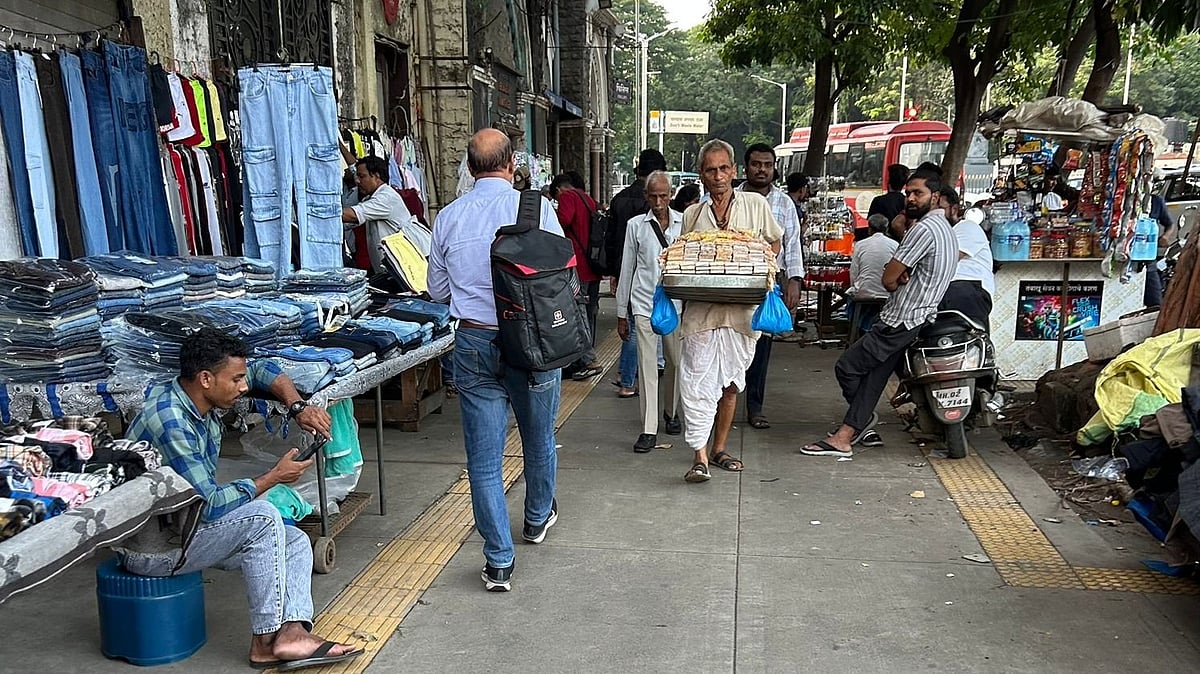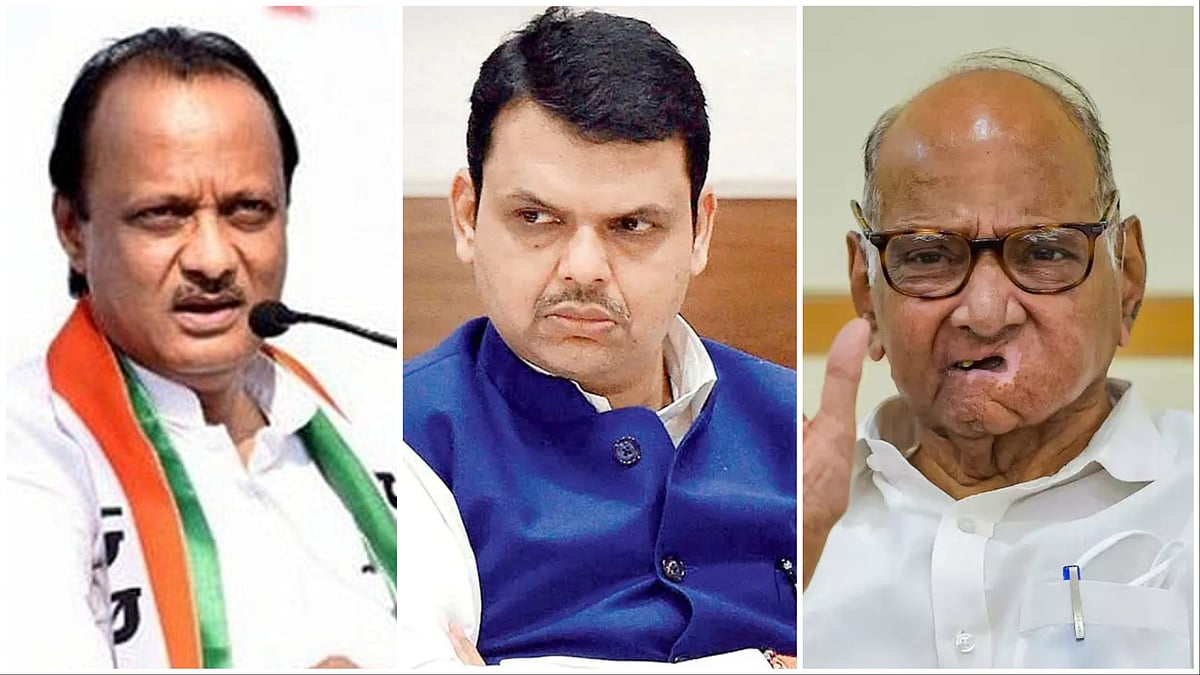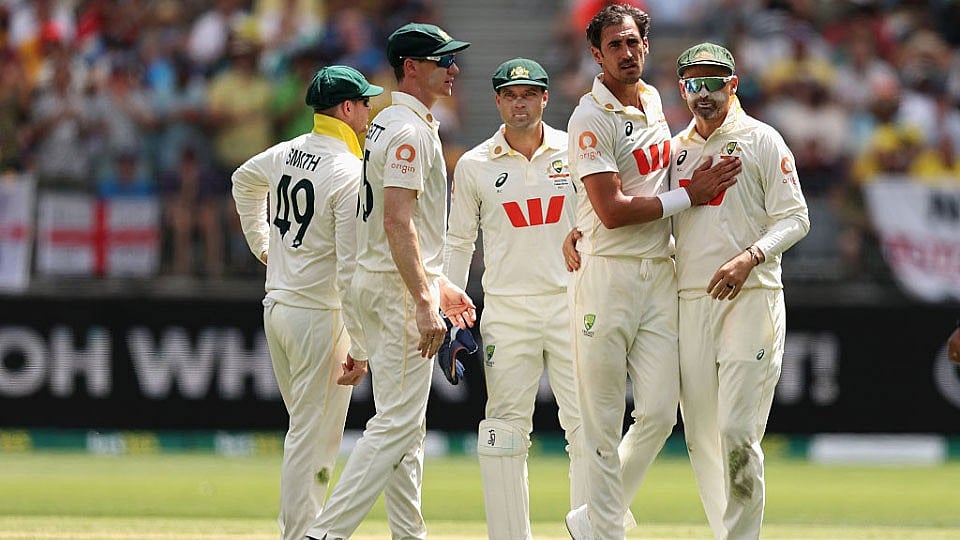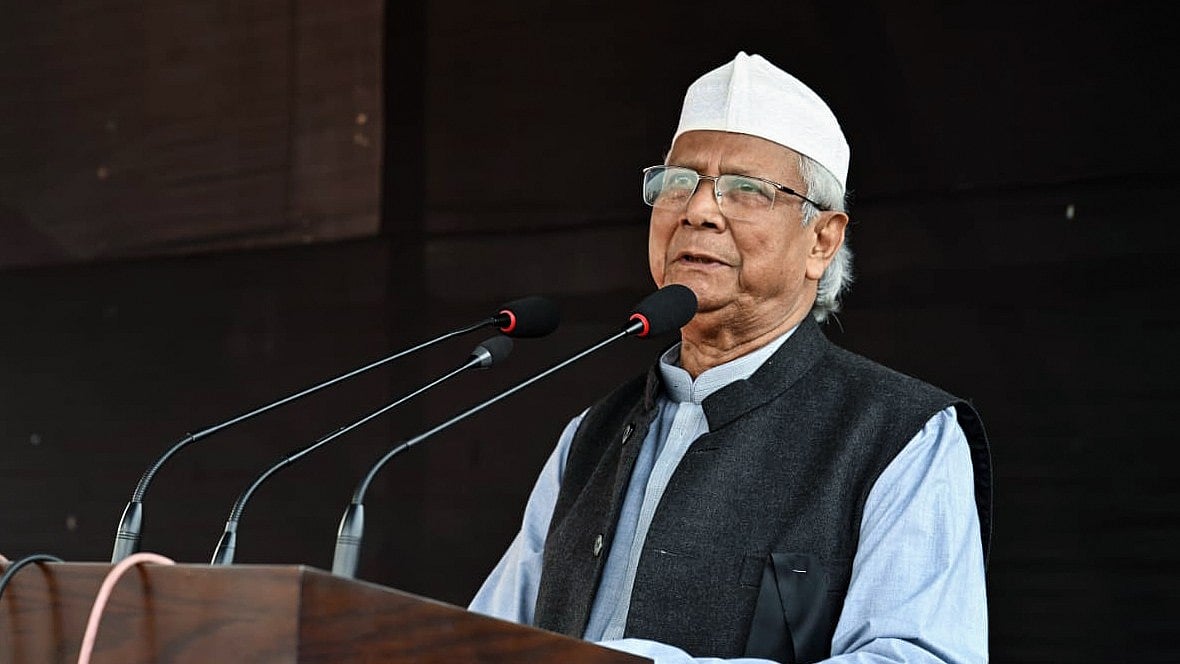Coronavirus still remains a health and not a political problem in India — unlike in the US, where with less than 200 days left for the election of the next president, many people see a connection between Donald Trump’s “lack” of commitment to collective wellbeing and the deaths from the pandemic topping 45,000.
But how long will the Indian politics remain unsoiled by the after-effects of the pandemic?
Our country’s positive cases has crossed 20,000 and fears of a further rise in the number of infected people has forced the state governments to fall in line with the Centre’s directives. However, one notices that the preparations are already underway by major players not to let a single incident happening anywhere during this unprecedented time to corner their opponents.
If the BJP is seen as waiting for the next political kill in Maharashtra, the grand old Congress too is sharpening its knives. It wants to seriously challenge Prime Minister Narendra Modi in the belief that his government would not be able to manage the fallout. The main opposition party is waiting for the first whiff of the devastating impact of the lockdown on the people. In fact, the Congress’ revival completely rests on this strategy.
Right now, it has positioned itself as a “responsible” political party offering only “constructive suggestions” to the Central government. But, with a clear design, Sonia Gandhi has signalled Rahul Gandhi’s return to the centre-stage and take her place in a matter of months.
Acceding to her son’s scheme of things, she has set up an 11-member consultative committee, excluding senior Congressmen A. K. Antony, Ahmed Patel, and Ghulam Nabi Azad. It is no secret that Rahul’s grouse is that these veterans, who were once eyes and ears of Sonia, are deadwood today. Replacing them, she has filled the new group with members from Rahul’s young trusted aides.
Many Congress watchers have pointed out that it’s the only other AICC committee other than the Congress Working Committee that is in place today.
They also hold that appointing former PM Manmohan Singh as chairman of the committee and including former finance minister P Chidambaram and Jairam Ramesh is only born out of a necessity — as they remain the party’s brain bank.
By all indications, Rahul made it clear that — it is his party and not the government — that is capable of laying the roadmap ahead for fighting the pandemic and kick-starting the Indian economy.
Interestingly, Sonia Gandhi had recently credited him for the Rajasthan government’s success in tackling COVID-19 in Bhilwara district. She apparently told a meeting of the party seniors that it was her son’s “timely” warning that resulted in what is now hailed as "the Bhilwara model”. It is another matter that the corona crisis is yet bid goodbye in the state. Chief Minister Ashok Gehlot, too, may like to credit his administrators for the containment strategy thus far even as the Centre has raised some questions.
A narrative that is being push by the loyalists is that Rahul had, in February itself, warned the Central government to be ready to combat the virus, but no one paid any heed to him. That has resulted in the current crisis.
Of course, what continues to worry Modi is the post-lockdown melt down — when the mingling of the population will be unavoidable even if it is staggered. Also, the continuous rollout of relief and rehabilitation package for the marginalised and every sector of the industry and businesses is not going to be a smooth affair. It is the last mile delivery that is daunting and may turn out to be a nightmare — if the pitfalls are not addressed in advance.
With the pressure building up to lift the lockdown after May 3, Modi has already been forced to urge the states to ensure strict compliance of the lockdown without any dilution of the Centre-mandated guidelines to fight the virus. With the incidents of violence on frontline health care professionals, Modi has responded with an ordinance to punish such attacks.
But complete violations of social distancing norms and movement of vehicles in urban areas have sparked fears of fresh spread of COVID-19.
As Bihar is due the assembly poll in October-November, the plight of migrant workers in different parts of the country is beginning to dominate the narrative.
The assembly elections are also due in Kerala, Tamil Nadu, West Bengal, Assam and Puducherry in April-May 2021. In these states too, the ruling and opposition parties are getting into combative gear, assessing the impact of the pandemic on their voters.
In Kerala, of course, the CPI(M) is confident of a thumbs up. The state government is being hailed for both flattening the curve (when other parts of the country are seeing sharping spikes) and extremely low mortality rate. What has come handy is the experience gained in the last two years when the state handled another deadly virus outbreak. In 2018 and 2019, Kerala had faced the scourge of the brain-damaging Nipah virus, for which also there is no cure. Then, the state authorities had employed the same strategy of tight surveillance and contact tracing.
Tamil Nadu CM E K Palanisami is battling between the demands of the lockdown and populism as an eagle-eyed opposition DMK waits for a mega slip-up. The rise in the number of positive cases have not ceased, as yet. In West Bengal, Mamata Banerjee has locked horns with the Centre as she fears the BJP’s political strategies against her. Her management of the pandemic seems to be more about countering the BJP — than the virus. The official reporting of the number of cases and deaths in the state remains a suspect. Her government’s laxity in enforcing the lockdown in areas dominated by religious minorities has raised an alarm.
In the BJP-ruled Assam, Chief Minister Sarbananda Sonowal and Health Minister Himanta Biswa Sarma see a big challenge lies in tackling a possible spurt in the disease when the migrant workers belonging to Assam return from other states after the lockdown is lifted.
In short, the coronavirus threatens all the political players, pledging to leave an indelible impact — on sometimes puerile ways of their politics.
The writer is a former Senior Associate Editor of Hindustan Times and Political Editor of Deccan Herald, New Delhi


